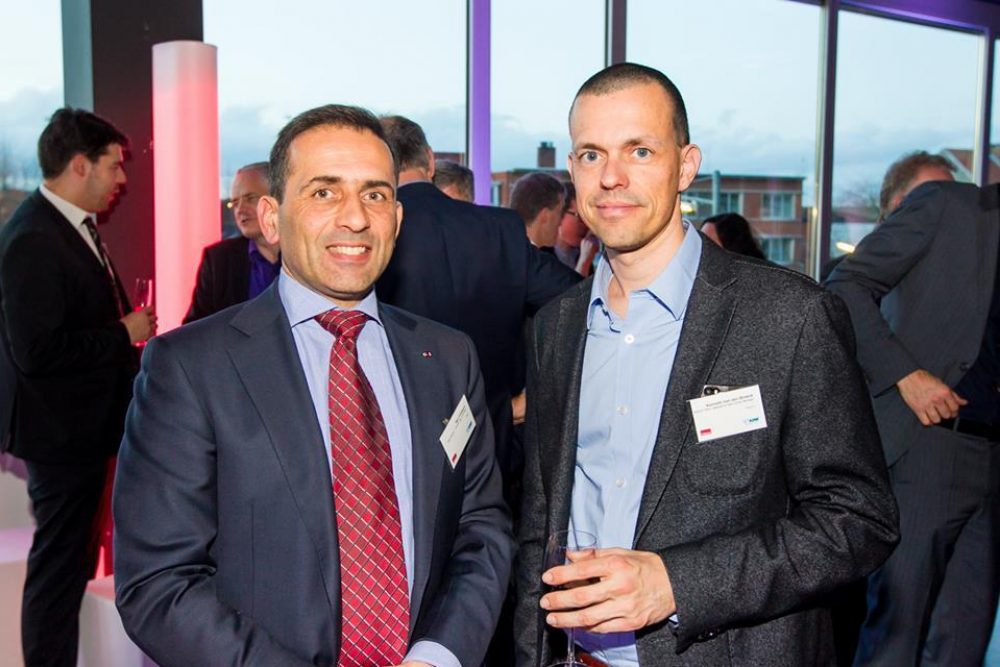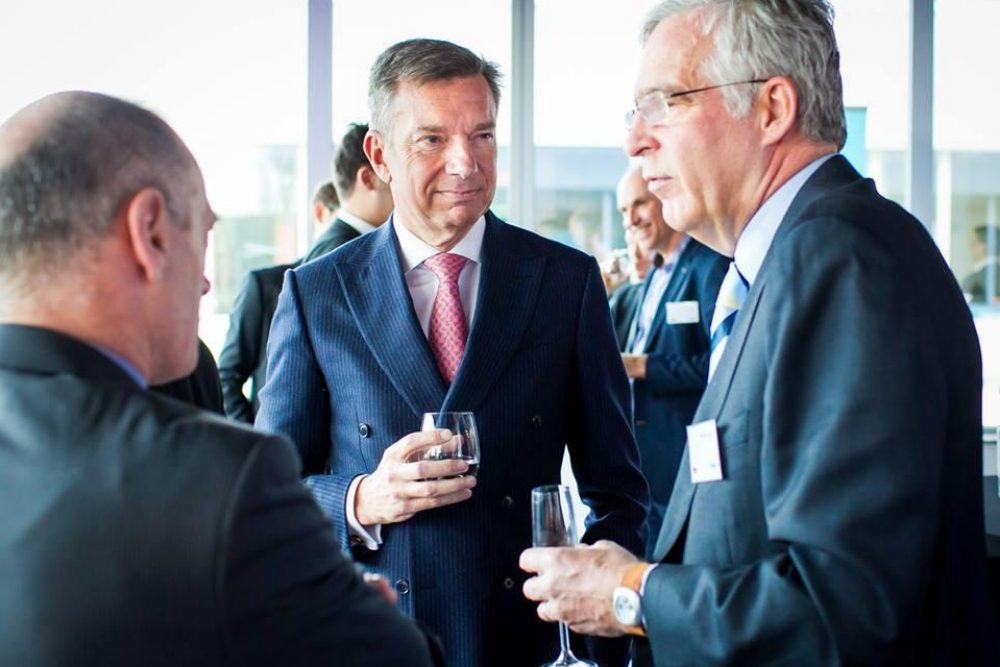The Future of Work - Patrick De Maeseneire
As top level manager and heading one the world’s largest providers of HR solutions, he shared his ideas on what work will look like the (not to far) future. Governments, employers and employees alike will have to change their approach if we want to be successful in this global economy driven by disruptive technologies.
Below you will find a videoreport of the evening and an executive summary of Patrick’s talk.
Do check out the "Related" tab for a video of presentation by Patrick on the same topic but at another occasion.
Videoreport with Patrick De Maeseneire
WHAT IS THE FUTURE OF WORK?
Patrick De Maeseneire, Global CEO of the Adecco Group, highlights the past and present of work in the Global Labor Market and explains the 3 trends about the Future of Work.
Today we face high unemployment that is here to stay. Youth unemployment has even doubled. Worldwide we speak of 222 million people that are unemployed and if we have a close look at Belgium it’s about 8.4% of it (age between 15 and 54) and 21.9% of them are youngsters between 15 and 24 years old.
So many people are unemployed but still millions of jobs don’t get filled. Different skills are needed in different markets what makes that people are hard to find. 8.4 million jobs don’t get filled because of the skills mismatch and due to thegeographical mismatch. Also sector shifts modify the economies profoundly. We see in the US that jobs in manufacturing are going down but jobs in service and healthcare are increasing.
And the third fact is that the US faces slow recovery but Europe needs some fundamental changes. The US is in a steady recovery mode and after more than 7 years, employment is finally above pre-crisis level. We see a diverging unemployment trend between the US and Europe. Why will It take Europe much longer than the US to recover? Because people in the EU work five weeks less on average than their US counterparts. In Belgium it’s even 5.2 weeks. We also see a gap between the EU and the US when we have a look at the labor and energy costs. The US will be one of the developed world’s lowest-cost countries which makes them very attractive for investors and companies.
The first trend that will define the Future of Work is Talent Crunching. We have anaging population and automation is increasing. By 2030 younger generations are predicted to halve. This is good for the statistics, but not for the budgets. It’s important to find the right skills for the right jobs. The numbers of the European Union show that the unemployment rate of people with low qualifications is the highest (17%) and those with high qualifications are the lowest with only 3.9%. In the US 47% of the jobs are under threat of the computerization which shows that we will need different skills in the future. This is an opportunity but also a big challenge for the schools where they need to adjust their education program in function of the needs on the labor market. We will need skilled people to work with the robots of the future.
The second trend is that companies will need to go for full flexibility. This will help companies to be competitive. Companies organize to the minimum and add temp labor when the orders are in. We see a structural shift towards temporary staffing in the US. In 2009 the US temporary penetration rate was 1.34% against an unemployment rate of 10% and raised till 2% end 2014 against 5% unemployment.
And the last trend will be that workers become contractors. There will be an evolution of the employment contracts, duration and relationship. We already evolved from a ‘Job For Life’ into ‘employability’ and ‘freelancing’ but the future will be all about On-demand expertise were you get a contract for the service you deliver defined in hours or minutes in a real time market-place. Patrick De Maeseneire also refers to the book of Peter Hinssen describing that ‘the Network always wins’. The organizations are dead, it’s all about the network.
If we want to be prepared for the future, we will need to become entrepreneurs again, take matters in our own hands and become part of a network!
Written by Leen Roelandts, Chief Happiness Office, Modis(Adecco Group)
ADM members have access to other (member-restricted) documents after signing in into the website


